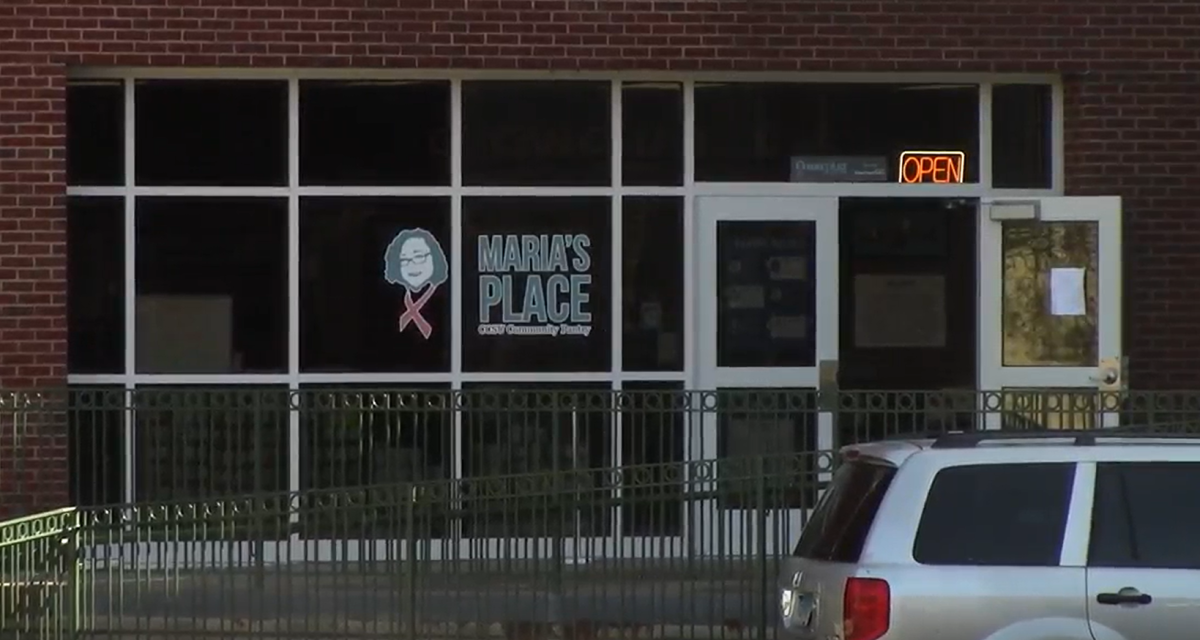By Morgan Skovich
A conspicuous political candidate “lifted the veil” in a conference meant to bring fourth new ideas about the world of journalism.
Ned Lamont turned the tables as he grilled political reporters who have previously grilled him in Founders Hall March 29.
Lamont’s targets included Dennis House, a WFSB anchor and host of Face the State, Mark Pazniokas, chief political reporter for The Connecticut Mirror and John Dankosky, news director of WNPR.
Lamont had begun his mission when he discussed “handles” and how they become attached to individuals. Examples of handles”are John McCain being a “maverick” and Abe Lincoln being “born in a cabin.”
House’s line of business deals with the framing of individuals and what they are referred to. He admits, “We try to find proper synonyms.”
Lamont responded with instinct and asked, “While writing the intros, is framing conscious?”
House replied, “Yes, very conscious.”
Referring to House’s show and his interview process, Lamont touched on the fact that the guests on Face the State burn time and do not answer the tough questions.
Sliding into the fact that individuals do not always respond to happenings the way desired, Lamont asked Dankosky, “How do you respond to the attacks on WNPR?”
Dankosky revealed his beliefs that his station and him should fight back much harder, because over the course of years people have tried to defund WNPR.
“They’re sticking their feet in their mouths,” said Dankosky. “Essentially they’re handling things very badly.”
The ultimate question here remains to be whether or not it is okay to federally fund a show such as WNPR?
Dankosky told Lamont that “We don’t push political agenda; we’re trying to bring in both sides and have analysis.”
So should federal funding keep WNPR alive? Dankosky noted yes and no, “It’s a balance,” he said. “I don’t know where I fall in it.”
With that response, Lamont glared over toward Pazniokas and laughed and mentioned how he’s been in the business for a long time by making a joke about Pazniokas being around the Eisenhower administration.
Pazniokas chuckled and proceeded to discuss how he has the New York Times and the Hartford Courant delivered to his home. He spoke of his two college-aged daughters and how they think of the news being “free.” He shared that they do not read the papers, but rather get their news from the Internet or their phones.
“This is why most newspapers are indifferent”, said Pazniokas. “ Some are concerned about how they’ll make it in the future generations.”
Lamont grasped at the topic and asked what Pazniokas does as a reporter to draw individuals in to keep journalism alive.
“The first thing I do is find news that will engage people,” said Pazniokas. “I want to write about how things will fit into the bigger picture.”
His example was of Governor Dannel Malloy and the budget issue. Pazniokas wants to know what makes him tick.
With all three candidates questioned, something important was noticed and a larger question boiled to the surface.
“Most of you people do not tune into these three sources that are here today,” realized Lamont. “So where do you get your news; what makes you want to watch or read that specific one?”
With the audience remaining quiet, Dankosky said, “You don’t want people to have the “Really?” reaction, you want them to be like ‘Oh, I didn’t know that.’”
Audience member Jose Campos said that he likes humor in his news, and that mainly includes watching John Stewart on The Daily News.
“Stewart is good, they have a big team who does one thing at a time,” said Dankosky.
When the hour program had run out, Lamont told the crowd of adults and journalism students to “Stick with it, it’s a wonderful opportunity and we need the next generation.”



